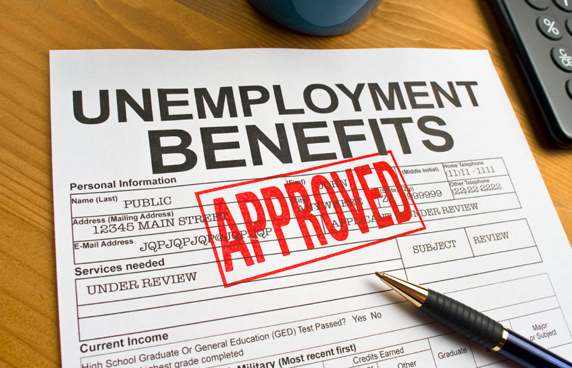Businesses Urge Congress to Avoid FUTA Changes

CBIA has joined a coalition of national and state business organizations in urging Congress to avoid making changes to the Federal Unemployment Tax (FUTA).
Connecticut employers are still paying high state and federal taxes that were triggered by the Great Recession’s impact on the state’s Unemployment Compensation Trust Fund and the borrowing of federal dollars needed to replenish it.
In particular, the coalition is requesting:
- No increase in the FUTA tax base or rate
- No extension of federal restrictions on states seeking to reduce future claimant’s average weekly benefit amount in order to return states’ unemployment funds to solvency
- No increase in spending from employer-financed federal unemployment trust fund accounts to be used to reimburse states for more extended benefits
Before the recession, Connecticut employers were annually charged with a FUTA of $42 per employee in addition to their regular state unemployment taxes and their experience rate charges.
However, to repay the federal loan that kept the state’s system afloat, the FUTA tax was increased on an annual basis—a condition for borrowing the federal dollars.
In 2013, employers in Connecticut paid a $105 FUTA tax per employee, and will likely pay more in 2014, 2015, and 2016—when the federal loan finally will be repaid.
However, the president and several Democratic Congressmen have voiced their support for measures that would continue federal extended unemployment compensation benefits. The federal bill to continue those benefits, S. 1845, received the needed votes to proceed in the Senate, but as yet has not passed the chamber.
There is some question at this time whether the measure will pass the Senate without amendment. And it’s unclear whether the U.S. House would agree to take up the legislation at all.
If such a proposal were to pass, state unemployment taxes would necessarily be increased to pay the estimated $6.4 billion price tag.
The best long-term hope for the unemployment compensation system is stronger national and state economies that put people back to work and off the unemployment rolls.
For more information, contact CBIA’s Eric Gjede (860.244.1931; eric.gjede@cbia.com; @egjede).
RELATED
EXPLORE BY CATEGORY
Stay Connected with CBIA News Digests
The latest news and information delivered directly to your inbox.


